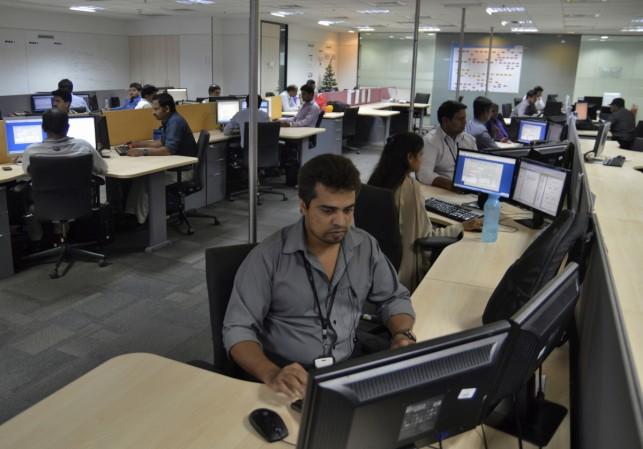With the pandemic having tumbled the work hour rules and workplace protocols on its head, it's likely that more progressive and holistic human resource experiments will continue at workplaces. TAC Security, a cybersecurity company headquartered in San Francisco, has already taken the baby steps and yet a giant leap, by being among the first to move to a four-day workweek for its employees in India. The company said, earlier in the week, that if the arrangement made workers happier and more productive, it will make the policy permanent in the Mumbai office.
Terming it a step to adapt to the Future of Work, the IT company, which has around 200 employees, shifted its approach to work hours to ensure that its employees have a healthy work-life balance. The company has been closed on Fridays for the last seven months for employees so they could have a healthier work-life balance and better productivity.

TAC Security's founder and CEO, Trishneet Arora, said, "It's all about keeping standards of execution high, while still putting the team's health and well-being first." The company works towards vulnerability management for corporations. After the announcement, the employees signed up for various courses and activities to welcome and encourage the change.
Several research studies and surveys have explored the viability and benefits of introducing four-day workweek on the employees and the corporations. Especially, since the start of the pandemic, the conventional workdays and work hours' systems are being shuffled around by key players. For instance, some companies especially in the Nordic region, have implemented the four-day work week rule.
What the research says on 4-day workweek?
Software company Wildbit moved to four days a week, way back in 2017. In an interview with Protocol, Natalie Nagele, the company's co-founder and CEO, said what has always been quietly believed but never stated. "Full five days of work week doesn't necessarily mean that the company will get more stuff done." The decision was partly inspired by science professor Cal Newport's book 'Deep Work.'
The book explains the theory that how a person's ability to complete meaningful work cuts off after just about four hours.
![[Representational image] workforce](https://data1.ibtimes.co.in/en/full/725523/workforce.jpg?h=450&l=50&t=40)
Will others in the industry follow suit?
Human resource managers across the board need no introduction to the theory that happy employees are more productive, loyal and efficient. In the pandemic, when employee burnout is for real, several companies have come on board to discuss the four-day workweek concept.
Microsoft Japan was among the first of the corporations to have famously experimented with four-day workweek experiment in 2019. Reportedly, the organization saw productivity jump by 40 percent.
Kickstarter, the crowdfunding platform recently announced that it would start implementing four-day workweek in 2022. Meanwhile, Radioactive PR, a public relations company, introduced the same in 2018, with a few adjustments in bank holidays and lunch break timings. The same year, a New Zealand Company Perpetual Guardian, introduced the concept to great success and adopted it full-time soon after.
Four-day workweek, kick-started by pandemic
Last year Target Publishing in the UK, introduced the four-day workweek, as a takeaway lesson from the pandemic. "Lockdown highlighted the importance of time with family. That's why we've started a new four-day working week, without any reduction in pay, to help support our employees mental, health, well-being and give them a healthier work-life balance," read the company statement.
In 2020, technology group Toshiba began a four-day working week for its employees on the plant floor, in lieu of longer hours on-site while maintaining the annual work hours. At the time, the move was to help contain the spread of the coronavirus by reducing the exposure at the workplace and through commuting. However, less commuting, longer hours, fewer days and several incidental benefits will likely work well even beyond the pandemic.
In December 2020, Unilever New Zealand too joined in and announced its one-year experiment that would allow 81 of its employees to earn full salaries while working only four days every week. In an interview to NYTimes, Nick Bangs, managing director, said, "If we find that we're all working the same number of hours as before but in four days, then we've missed the opportunity this trial presents us with."









